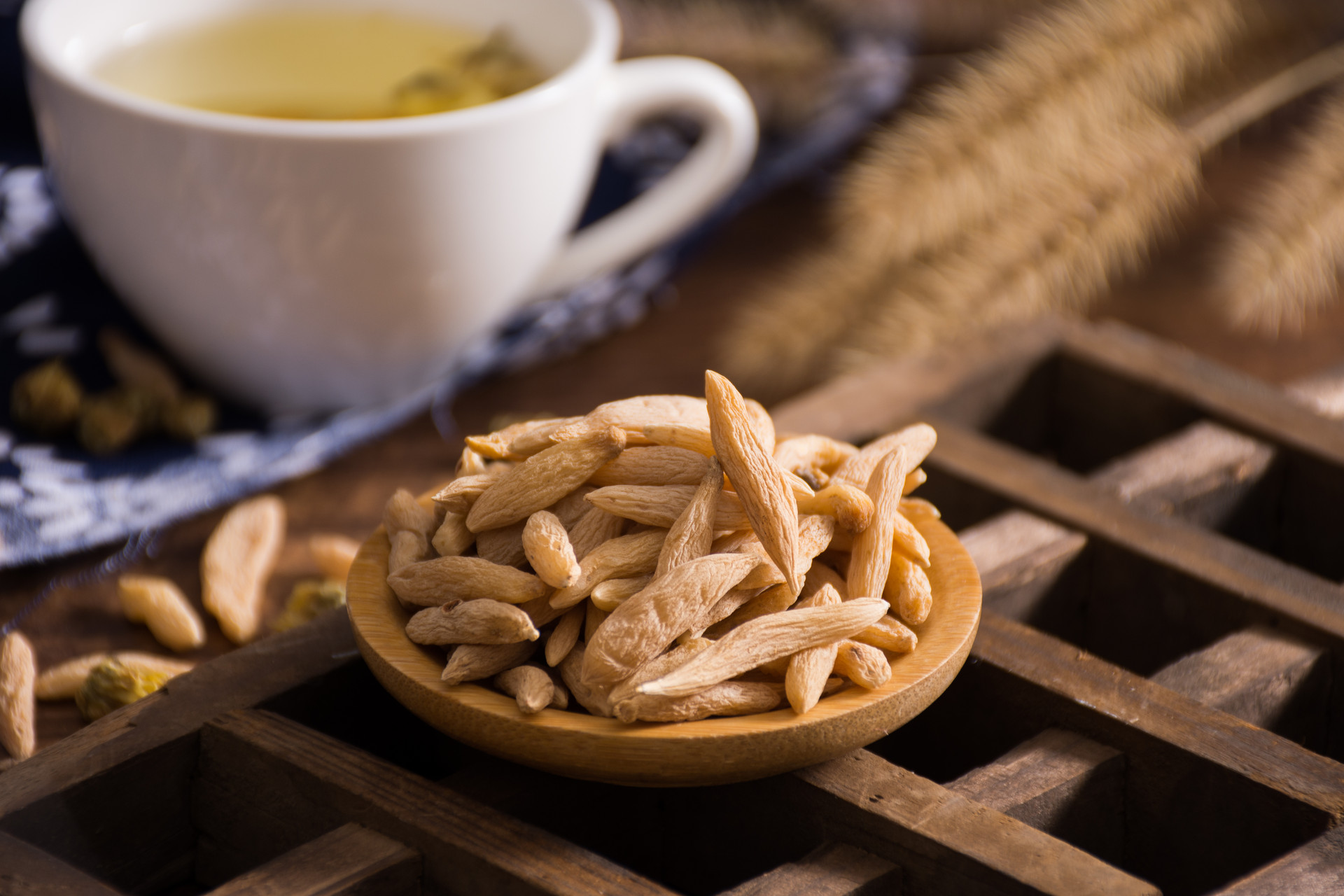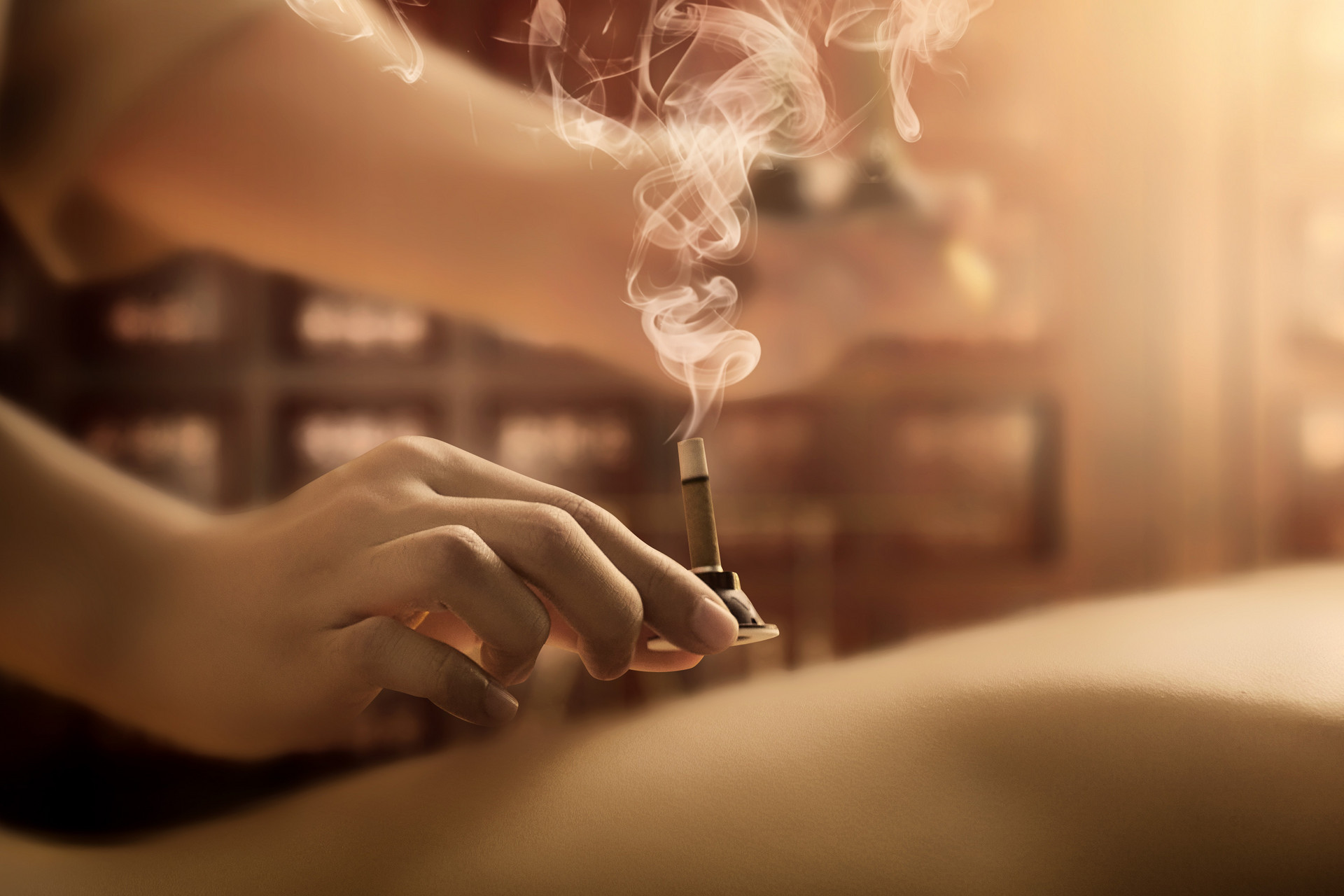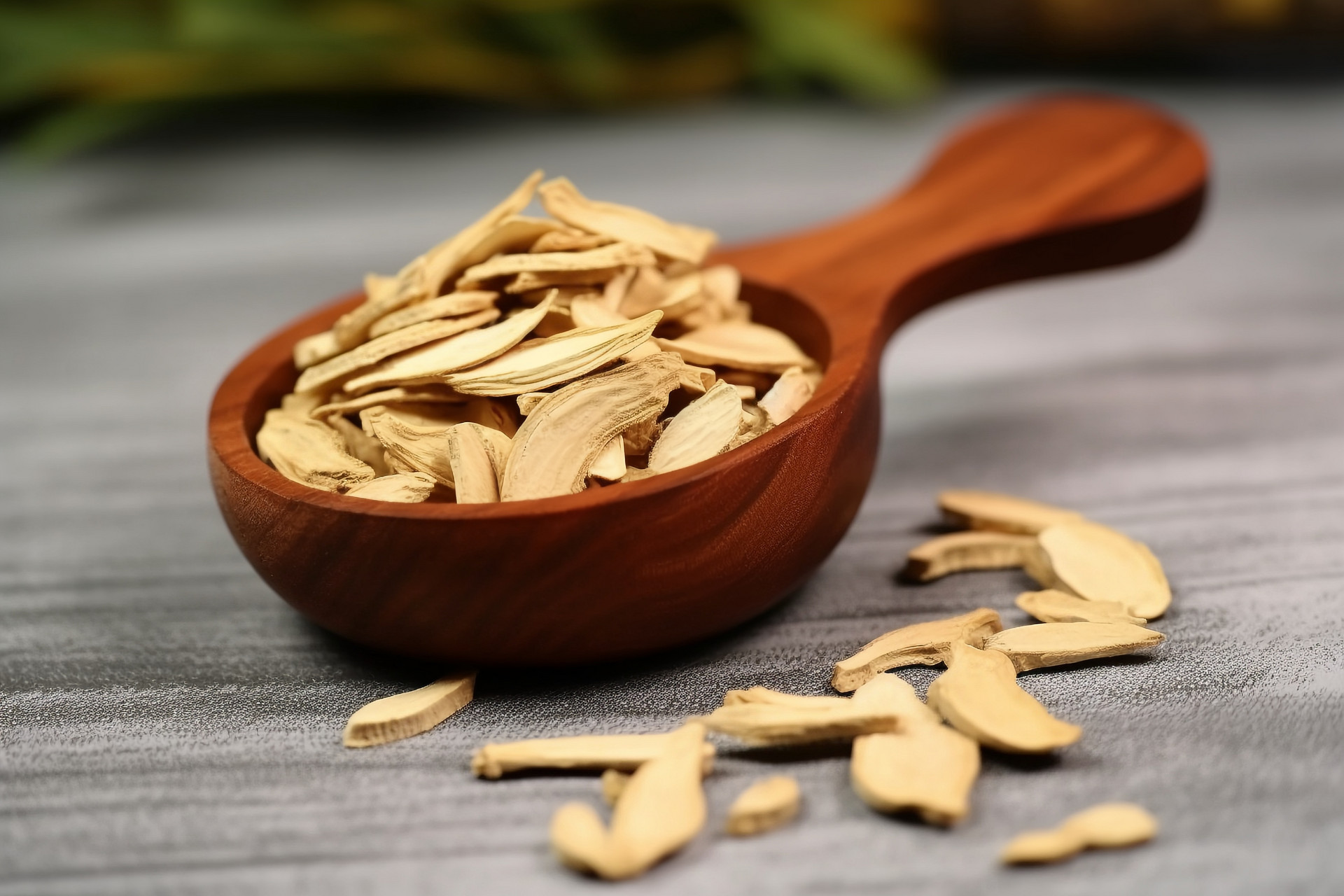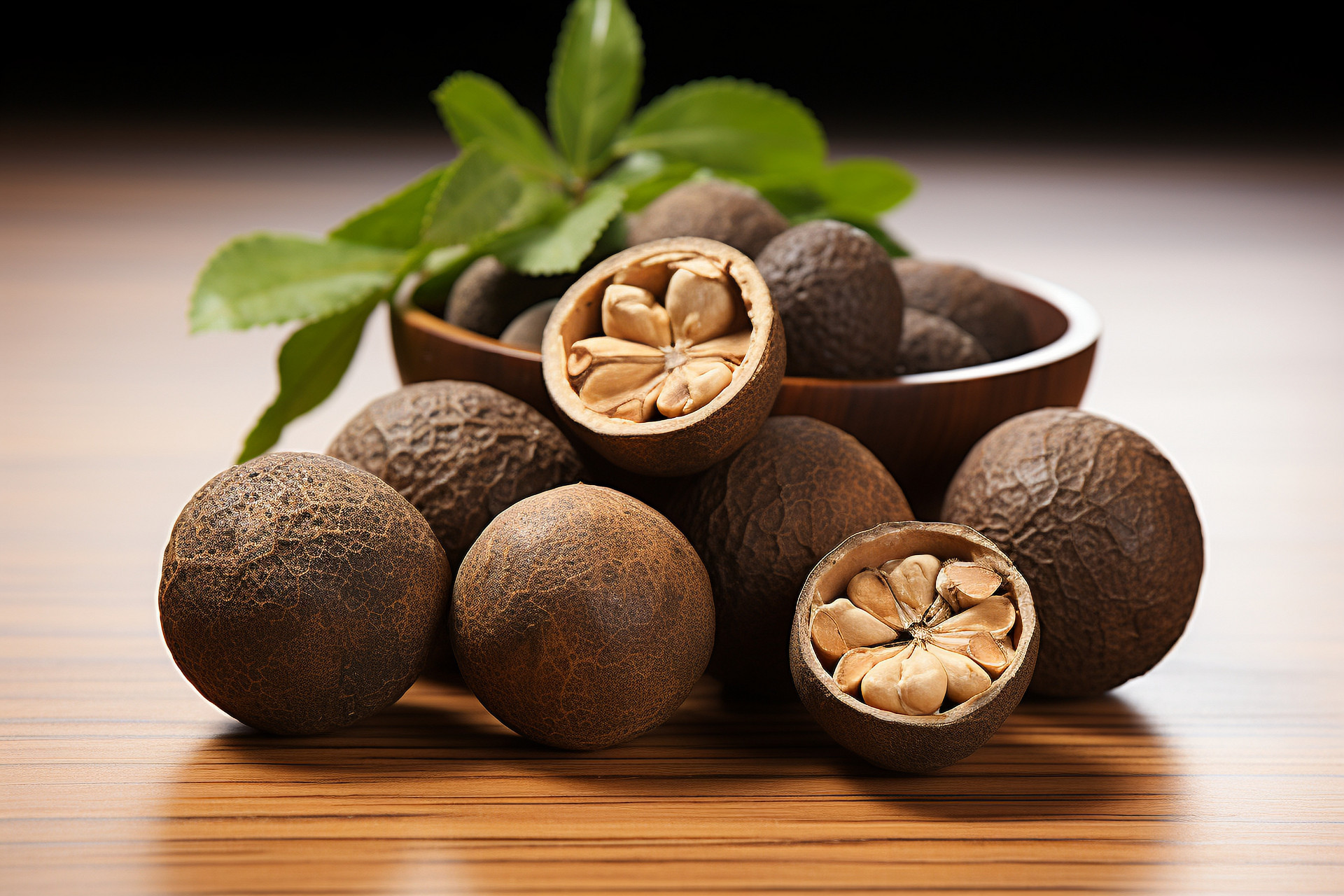The Easy Identification of the Dryness of Chinese Medicinal Herbs In order to facilitate storage and prevent mold, Chinese medicinal herbs are generally dried. So, how can we determine if the dryness of Chinese medicinal herbs meets the requirements when purchasing them?
1. Identification of the Cross-section
For root, rhizome, and bark medicinal herbs that have been completely dried, the cross-section should have a uniform color, with no obvious boundary between the middle and the surface. If the colors of the cross-section are inconsistent or remain the same as when they were fresh, it indicates that they have not been completely dried.
2. Identification by Hand Rubbing
For some leaf, flower, or whole herb medicinal herbs, if they break easily by hand or turn into powder, it indicates that they have been completely dried. Conversely, if they are soft and not easily broken or crushed, they have not been completely dried. Identification by hand pinching and biting: For some fruit or seed medicinal herbs, you can use the method of pinching with your hand or biting with your teeth. If it is easy to pinch with no resistance by hand and feels hard when bitten with teeth, it indicates that they have been completely dried. If there is a lot of resistance when pinched with hand, difficult to pinch to the bottom, or even feels damp, sticky, or soft, it means they have not been completely dried.
3. Identification of Texture
Generally speaking, dried medicinal herbs have a hard and brittle texture, which requires more effort to bite or break by hand. If the texture is soft, it indicates that the medicinal herb has not been completely dried and is prone to mold.
4. Identification by Tapping
Chinese medicinal herbs that have not reached the drying standard will produce a dull and unclear sound when tapped together, indicating that further drying is needed. However, some medicinal herbs with high sugar content, such as longan flesh and Ophiopogon japonicus, do not produce a crisp sound when tapped after drying.











